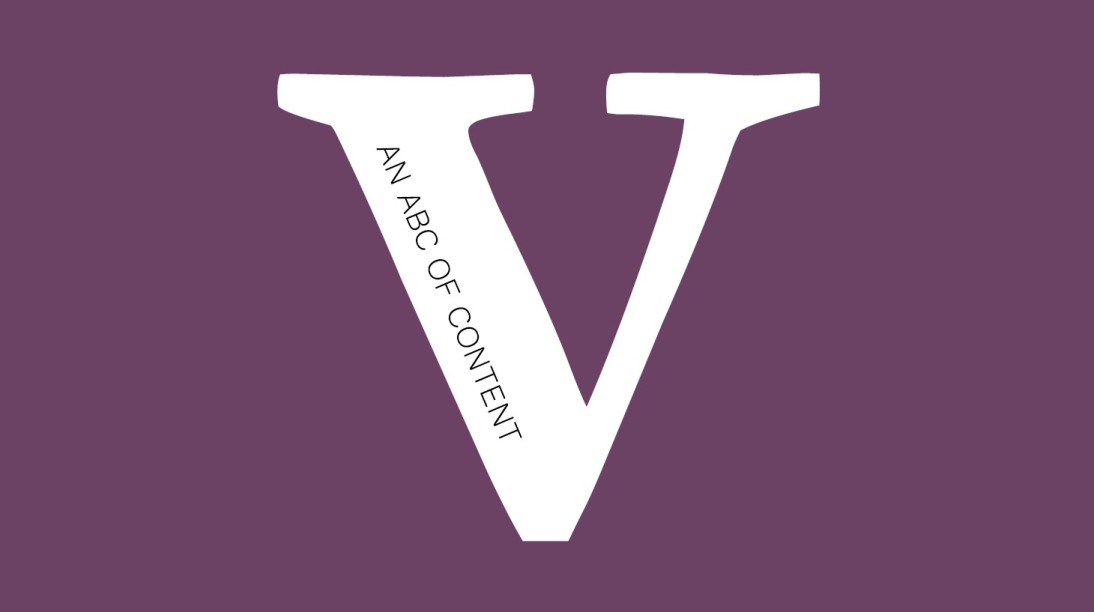V is for verbs

Get with the action and ditch the passive voice
Whatever else you have forgotten since school, you probably remember that verbs are ‘doing words’.
Without them our sentences wouldn’t go anywhere, do anything or achieve much. Cats wouldn’t sit on mats, if you will forgive further rummaging through the primary school grammar archive.
Verbs explain actions and states of being. And good writing relies on them for its heavy lifting.
So it pays to think about your choice of verb; to make sure it delivers maximum impact without relying on too much adjectival padding.
The most commonly used verbs in English are to be, to have, to do, to say and to go. Variety is nice. If we endlessly trot out the regulars it can feel a little plodding. But don’t get carried away.
If you have an interviewee, it’s fine for them to just say things. They needn’t be laughing, smiling, interjecting and so on every time they need to speak.
And while it’s actually rather good fun to play around with language (well, we think so anyway), there’s no need to behold something when you can see it, or partake of it if you can just use it.
Choose a simple verb form rather than a wordy verb and noun combination if you can. You can ‘investigate’ rather than ‘conduct an investigation’, for instance.
Favouring the active voice over the passive is also generally advisable. This means cats sitting on mats, rather than mats being sat on by cats. The active generally has more impact and takes up fewer words.
George Orwell, in his essay Politics and the English Language, set out six rules for good writing. Two of these instructed his readers to avoid both the passive and the long word respectively if active or shorter words were available.
You probably remember another rule from those school grammar lessons. If there’s no verb, it isn’t a sentence.
More from Orwell on his own rules: Break any of these rules sooner than say anything outright barbarous.
A sentence does need a verb. But sometimes you don’t need a sentence.
We like to follow the rules. Usually.





